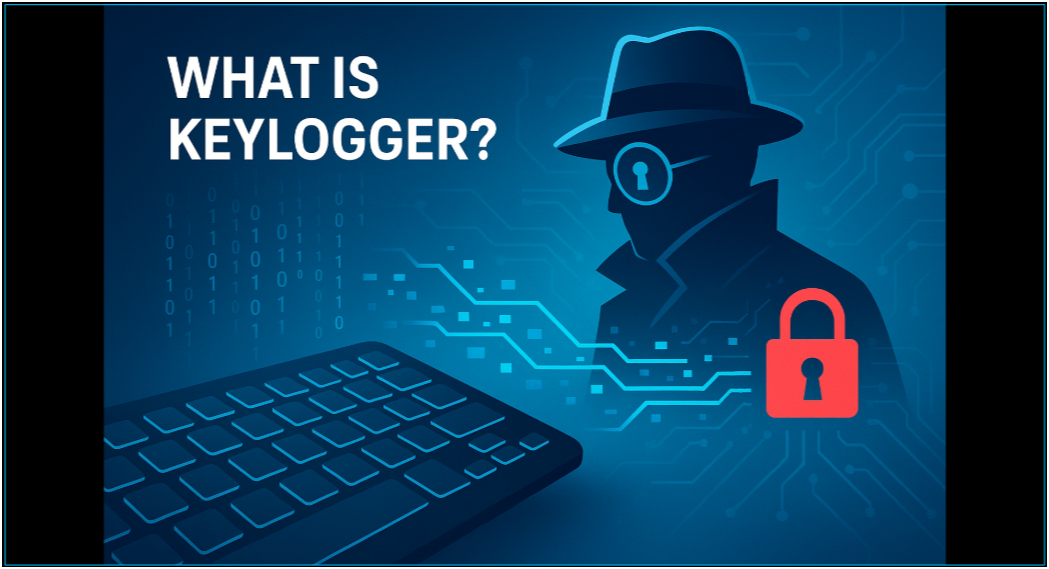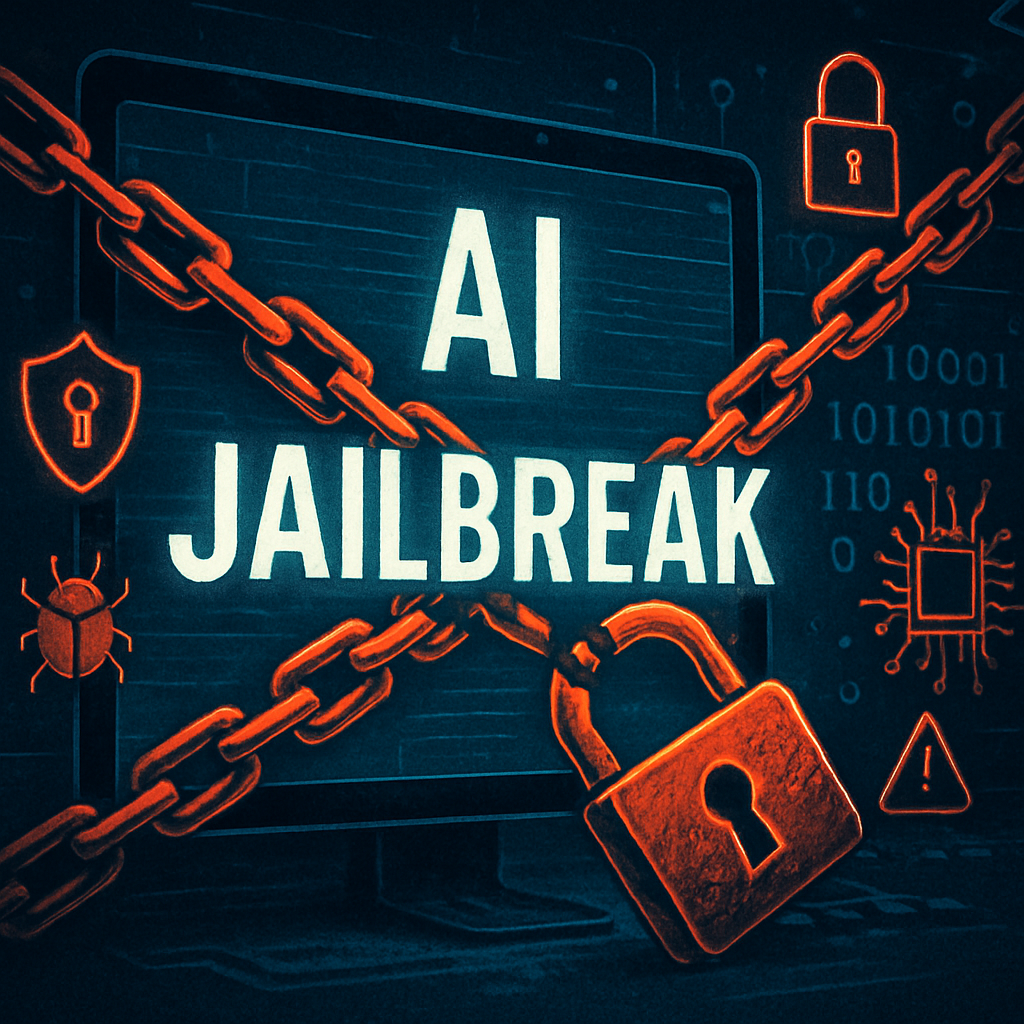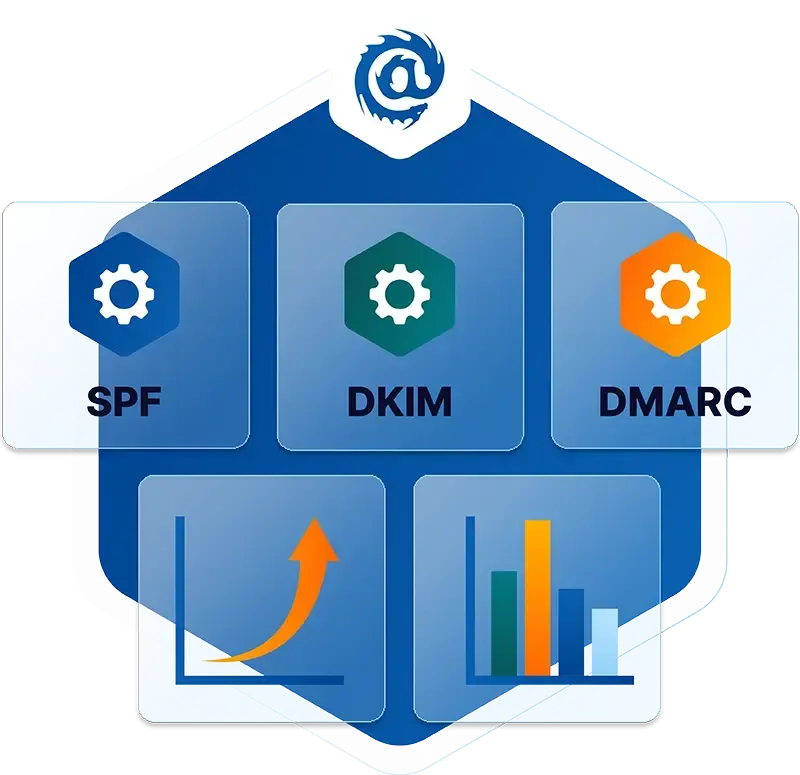Table of Contents
SOC (Security Operations Center) Explained
A Security Operations Center (SOC) is a central function within an organization dedicated to monitoring, detecting, analyzing, responding to, and reporting security incidents and threats. It serves as the frontline defense against cyber attacks, staffed by security analysts, engineers, and IT personnel who utilize various tools and techniques to safeguard the organization's IT infrastructure.
How a SOC Works
A SOC typically follows a hub-spoke structure, enabling centralized monitoring and analysis of digital activity to detect anomalies and potential security threats. Key functions of a SOC include:
- Network Monitoring: Continuously monitoring network traffic to detect suspicious activities and anomalies.
- Threat Detection and Intelligence: Identifying and assessing cybersecurity threats using threat intelligence feeds and analytics.
- Incident Response: Promptly responding to security incidents, containing threats, and initiating remediation efforts.
- Reporting and Compliance: Documenting security incidents and ensuring compliance with industry and regulatory standards.
SOC Types
SOCs can be classified into various types based on their structure and operational model:
- Internal SOCs: These are physical rooms within an organization's premises staffed by full-time security personnel dedicated to monitoring and managing security operations.
- Virtual SOCs: Virtual SOCs operate remotely and consist of part-time or contracted workers who collaborate to address security incidents and threats as needed.
- Global SOCs (GSOCs): GSOCs coordinate security operations across multiple locations or international offices, providing centralized oversight and coordination.
- Outsourced SOCs: Organizations may outsource some or all SOC functions to Managed Security Service Providers (MSSPs) specializing in security analysis and response.
SOC Vs. NOC
While SOCs cover security by monitoring, detecting, and responding to cybersecurity threats and incidents to protect the organization's assets and data, NOCs (Network Operations Centers) primarily focus on ensuring the continuous availability and performance of IT infrastructure and services. NOCs also prioritize network operations tasks such as performance monitoring, troubleshooting, and maintenance.
What Role Does Email Play in SOCs?
Email plays a multifaceted role in SOC operations, serving as both a primary attack vector and a critical focus area for threat detection, incident response, and security awareness efforts. By implementing robust email security measures and integrating email security solutions into SOC workflows, organizations can enhance their resilience to email-based threats and mitigate the risks posed by malicious email activity.
How IRONSCALES Can Help Your SOC with Automation
IRONSCALES offers comprehensive solutions designed to enhance SOC capabilities and prevent a wide range of cyber threats. Leveraging advanced technologies and industry best practices, IRONSCALES empowers organizations to strengthen their security posture, detect suspicious activities, and proactively defend against SOC attacks. Here's how IRONSCALES contributes to automating SOC operations and enhances overall attack prevention:
-
Simplifies Email Security: Utilizes Mail-focused Security Orchestration, Automation, and Response (MSOAR) to streamline email security workflows, automate remediation, and expedite the handling of user-reported emails.
-
Smart Automation: Leverages Adaptive AI to scan incoming emails for threats, automatically blocking and remediating detected dangers, including similar or polymorphic emails across the environment. Unburdening the amount of time needed for threat investigation
-
Guiding and Empowering User-Reporting: Encourages employees to report suspicious emails, with AI filtering out false positives, thereby enhancing defenses and converting staff into a security-aware workforce without overburdening the security team.
-
Efficient Email Incident Management: Our platform automatically detects and handles the overwhelming volume and noise of email threats and intelligently surfaces critical information for the rare cases that require the attention of the SOC through an easy-to-use interface.
-
Technology Integrations: Offers compatibility with existing security infrastructures through integrations with SIEM, SOAR, ITSM, and more, enhancing security operations and response capabilities.
For more detailed insights into how IRONSCALES can revolutionize SOC operations, please visit their SOC Automation page or get started with a hands-on demo of IRONSCALES™ https://ironscales.com/get-a-demo/
Explore More Articles
Say goodbye to Phishing, BEC, and QR code attacks. Our Adaptive AI automatically learns and evolves to keep your employees safe from email attacks.

/Concentrix%20Case%20Study.webp?width=568&height=326&name=Concentrix%20Case%20Study.webp)












